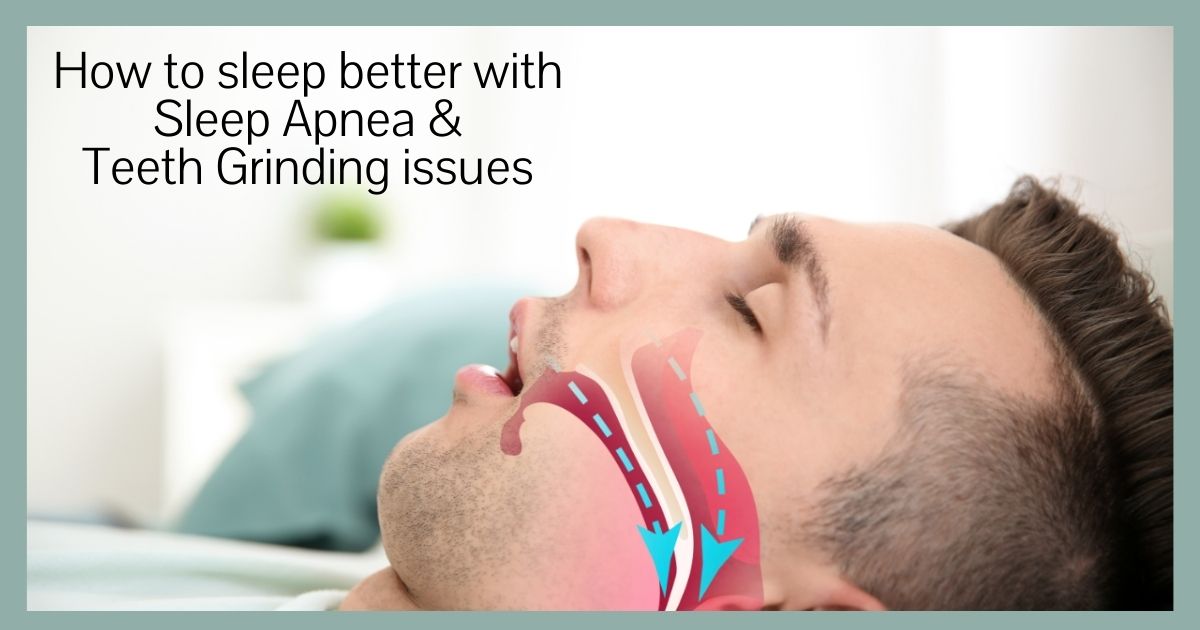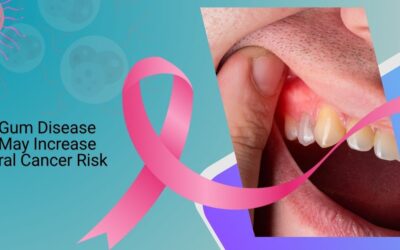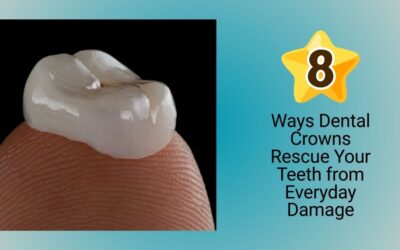Have you experienced being tired even after getting up from your bed? This is because you have not had quality sleep. You may have tried many times to put yourself to bed early and practice healthy sleep habits, yet you have only failed. It is very likely that you are suffering from Sleep Apnea and teeth grinding or bruxism. So what is the link between the two and how to sleep better with sleep apnea and teeth grinding issue?
The nasty link between Sleep Apnea and Teeth Grinding
A common sleep disorder among us is teeth grinding which is also known as bruxism. Grinding teeth is often caused by sleep apnea that has gone undiagnosed. Sleep apnea is a condition where the throat muscles obstruct the nasal airways. This causes a temporary pause in breathing and makes you stop breathing for such periods of time. This is noticed by snoring. This happens mostly during the night when we sleep. People suffering from sleep apnea suddenly get out of sleep and find their sleep disrupted.
It is reported that one in four people with obstructive sleep apnea grind their teeth at night or simply put they have teeth grinding problems. If Sleep Apnea is left untreated, it can lead to serious health issues like type 2 diabetes, acid reflux, poor immune function, mental health issues, memory loss, and increased risk of stroke or heart failure.
There are several remedies you can try to help cure sleep apnea and teeth grinding. This can help in improving the quality of your sleep.
Tips to eliminate Bruxism and Sleep Apnea for Improved Sleep Quality
- First and foremost is to lose weight and maintain a healthy weight. Obesity is the biggest reason that creates an obstruction to the airway and narrowed nasal passages. Working on your obesity and reducing your weight greatly helps.
- Lower your stress and anxiety levels. Bruxism has been found to be a response by the body to the stress and anxiety you have. So when you indulge in activities that reduce your stress, you can immensely benefit.
- Improve your sleeping position. You may want to avoid sleeping on your back if you are obese and have sleep apnea issues.
- Do not eat anything for an hour at least before you hit the bed.
- Practice routine bedtime as much as possible
- You can try Yoga. It definitely improves your respiratory strength and the flow of oxygen to your heart organs.
- Limit your alcohol and quit smoking if possible.
What to do if lifestyle changes do not improve your sleep apnea?
Talk to your dentist or doctor, if these lifestyle changes do not improve your sleep pattern and bruxism. If your sleep apnea is because of bruxism or teeth grinding, the use of oral appliances can help. These oral appliances help position your jaw or tongue and they keep the airway open while asleep. If your sleep apnea is due to obesity or any other medical issues, you can consult a bariatric surgeon for help.




